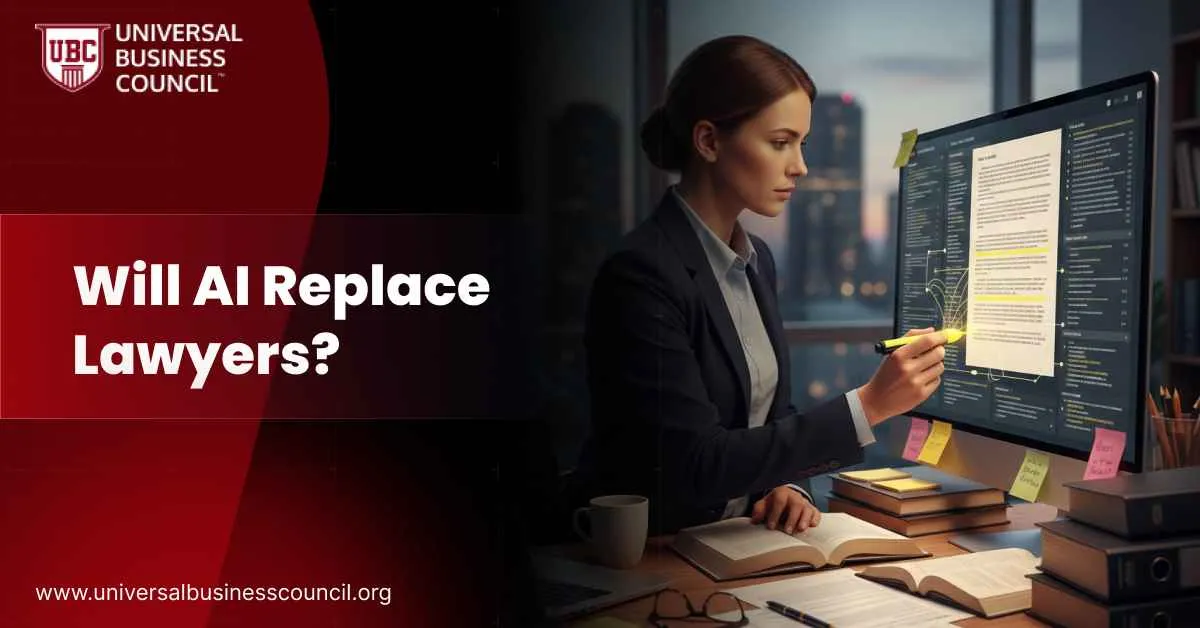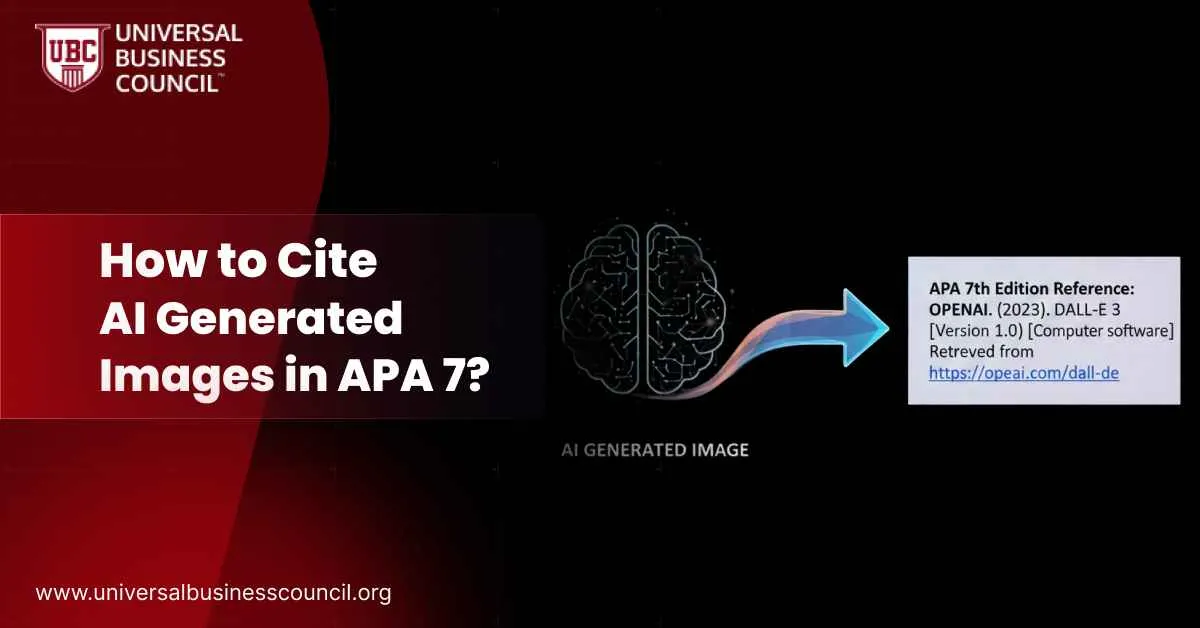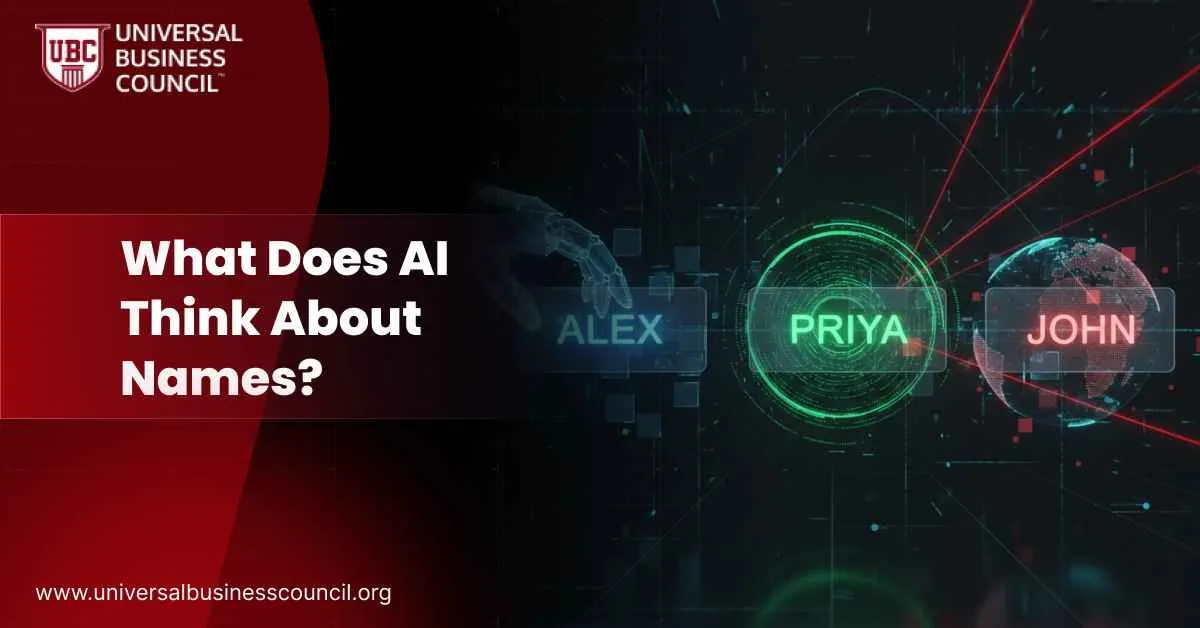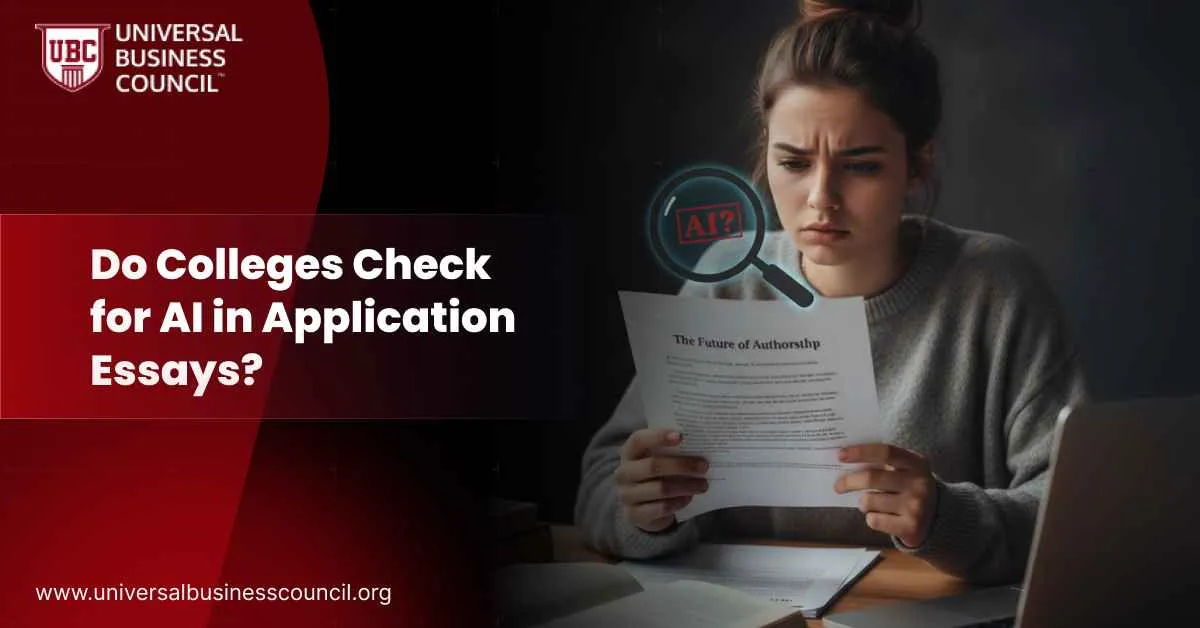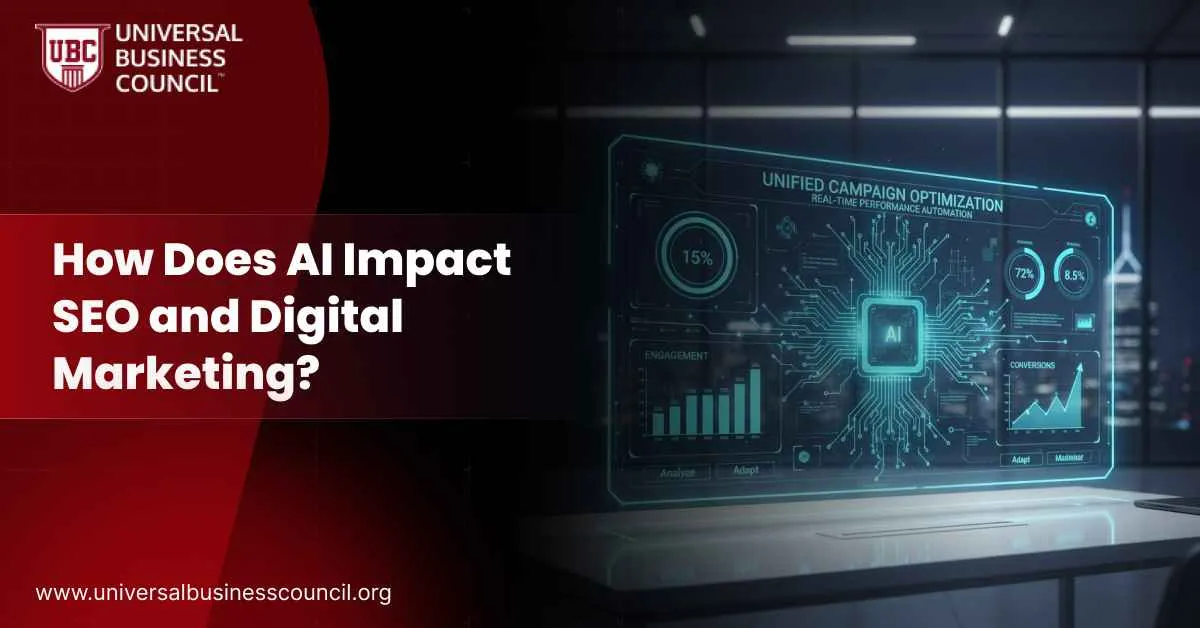 AI is rewriting the playbook for SEO and digital marketing. From how people search to how businesses design campaigns, the changes are happening faster than many expected. Search engines are integrating AI summaries and answer boxes, content creation is becoming automated, and marketing teams are leaning on AI tools to target audiences with more precision. For professionals looking to adapt, a Marketing and Business Certification offers a structured way to connect these shifts with strategy.
AI is rewriting the playbook for SEO and digital marketing. From how people search to how businesses design campaigns, the changes are happening faster than many expected. Search engines are integrating AI summaries and answer boxes, content creation is becoming automated, and marketing teams are leaning on AI tools to target audiences with more precision. For professionals looking to adapt, a Marketing and Business Certification offers a structured way to connect these shifts with strategy.
The New Search Landscape
AI is changing how people interact with search engines. Google’s AI Overviews and other conversational features let users get instant answers without always clicking through to websites. This “zero-click” trend means brands can’t rely on traffic numbers alone. Instead, they need to focus on how their expertise is displayed directly within AI-powered search. Answer Engine Optimization (AEO) and Generative Engine Optimization (GEO) are new approaches that guide how businesses shape content to be picked up by AI results.Why Content Needs to Evolve
Content optimized purely for keywords is losing ground. AI systems focus on intent, context, and trustworthiness. This means businesses must publish material that demonstrates expertise, authority, and relevance. Structuring data properly with schema markup, adding originality, and building credibility are now critical. For students and professionals wanting to build the technical side of these skills, a Data Science Certification provides the foundation to work with data-driven optimization techniques.AI Opportunities and Risks in SEO and Marketing
| Opportunity | Risk / Challenge |
| Faster keyword research and content creation | Over-reliance on automation leading to generic or low-quality content |
| Personalized user targeting based on behavior and intent | Privacy and data protection concerns |
| Real-time ad optimization and improved ROI | Reduced role of human creativity in campaign design |
| Visibility in AI answer boxes and summaries | Loss of website traffic due to zero-click searches |
| Efficient analytics with predictive insights | Difficulty adapting to new ranking signals and algorithm shifts |
| Creative support for copy, visuals, and video | Risk of plagiarism or brand voice inconsistency |
| Scaling campaigns quickly across platforms | Higher dependency on AI vendors and their tools |
| Enhanced customer experiences with personalization | Potential bias or errors in AI recommendations |
| New performance metrics focused on engagement quality | Complex measurement compared to traditional SEO KPIs |
| Faster testing of content variations | Need for ongoing human oversight to maintain trust |
